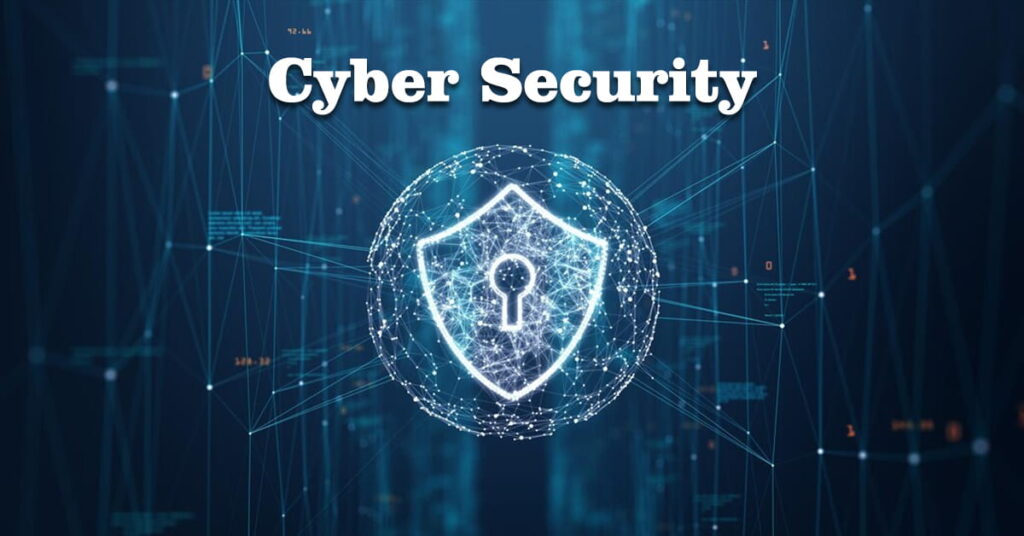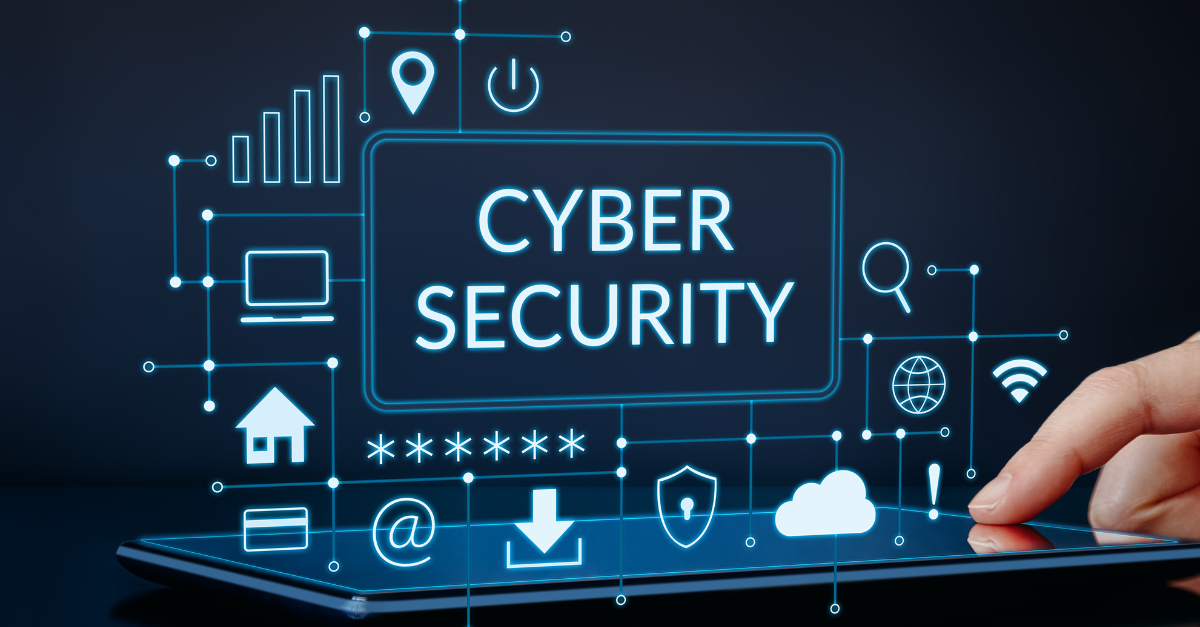
Ultimate Guide to Securing Your Devices: Essential Cyber Security Tips and Practices
Introduction
In today’s digital age, ensuring the cyber security of your devices is more crucial than ever. With increasing cyber threats, from malware to phishing attacks, protecting your personal information and maintaining your device’s security should be a top priority. But where do you start? Let’s dive into the essential steps and best practices to secure your device against cyber threats.
Understanding Cyber Security
What is Cyber Security?
Cyber security involves protecting internet-connected systems, including hardware, software, and data, from cyber attacks. It encompasses a range of practices, technologies, and processes designed to safeguard your digital environment.
Why Cyber Security Matters
Cyber security is vital because it protects your personal information, financial data, and overall privacy. A breach can lead to severe consequences, including identity theft, financial loss, and unauthorized access to your personal files.
Types of Cyber Threats
Malware
Malware, or malicious software, includes viruses, worms, and Trojan horses designed to damage or disable computers. It often spreads through email attachments, downloads, and untrustworthy websites.
Phishing
Phishing attacks involve deceptive emails or messages that appear to be from legitimate sources, tricking users into providing sensitive information like passwords or credit card numbers.
Ransomware
Ransomware encrypts your files and demands a ransom to restore access. It can spread through malicious email attachments, infected software downloads, and compromised websites.
Spyware
Spyware secretly monitors and collects personal information without your knowledge. It often infiltrates devices through software vulnerabilities and can be challenging to detect.
Adware
Adware displays unwanted advertisements on your device. While not always malicious, it can slow down your system and compromise your privacy by tracking your online activities.

Basic Cyber Security Practices
Regular Software Updates
Ensure your operating system, applications, and antivirus software are always up-to-date. Regular updates fix security vulnerabilities and protect against emerging threats.
Strong Passwords
Use complex passwords combining letters, numbers, and special characters. Avoid using easily guessable information like birthdays or common words.
Two-Factor Authentication (2FA)
Enable 2FA for an extra layer of security. This method requires you to provide two forms of identification before accessing your accounts, making it harder for attackers to gain unauthorized access.
Secure Browsing Habits
Avoid clicking on suspicious links, downloading unknown files, or visiting unsecured websites. Always look for “https://” in the URL, indicating a secure connection.
Advanced Cyber Security Measures
Using VPNs
Virtual Private Networks (VPNs) encrypt your internet connection, protecting your data from eavesdroppers and hackers. Use a reputable VPN service to enhance your online privacy.
Firewalls
A firewall monitors and controls incoming and outgoing network traffic based on predetermined security rules. It acts as a barrier between your device and secure your device against cyber threats. Remember, cyber security is an ongoing process that requires constant vigilance and adaptation to new threats.
Read Also : The Impact of Social Media on Modern Society
FAQs
How often should I update my passwords?
It’s recommended to update your passwords every three to six months. Additionally, update them immediately if you suspect any account has been compromised.
What is the best way to protect my data?
The best way to protect your data is through a combination of strong, unique passwords, two-factor authentication, regular software updates, and using reputable antivirus and anti-malware software.
Can antivirus software alone ensure my device’s security?
No, antivirus software is just one part of a comprehensive cyber security strategy. It’s essential to combine it with other measures like firewalls, VPNs, and secure browsing habits.
How do I secure my device when using public Wi-Fi?
To secure your device on public Wi-Fi, use a VPN to encrypt your connection, avoid accessing sensitive information, and ensure your device’s firewall is enabled.
What should I do if I suspect my device is compromised?
If you suspect your device is compromised, disconnect from the internet, run a full antivirus scan, change all your passwords, and seek assistance from a cyber security professional or your IT support team.
